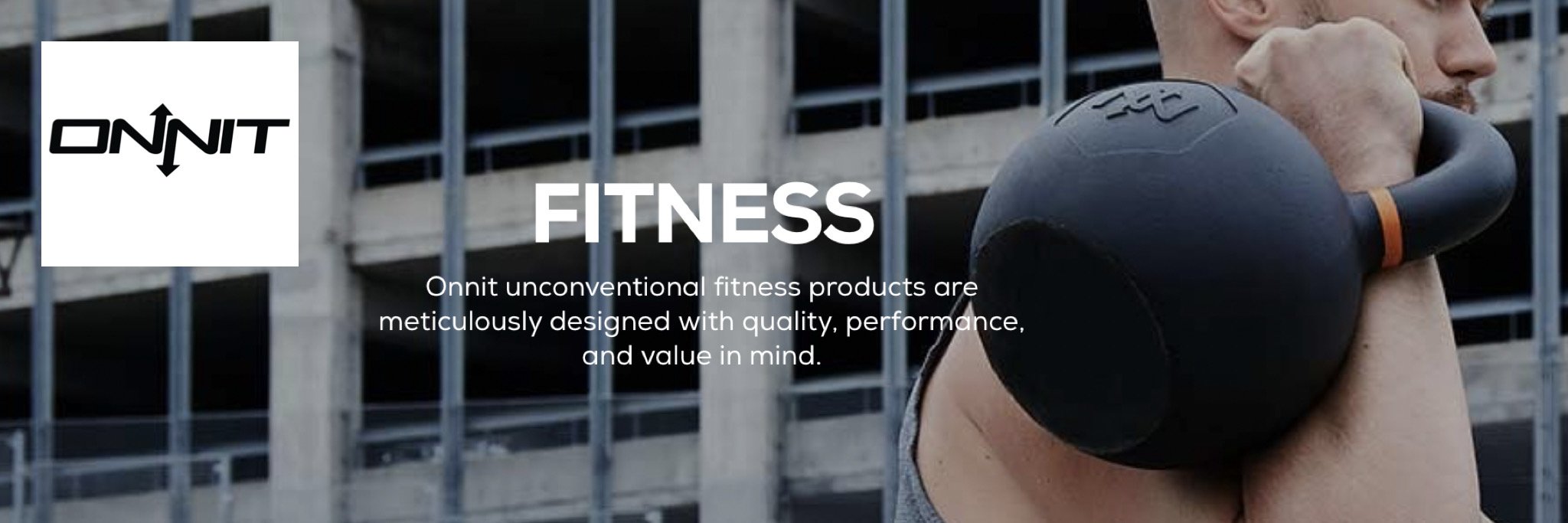#149 - Sam Boyer Groff - SWAT Medic / Flight Paramedic
Watch the episode here
Listen to the podcast here
Sam Boyer Groff - Swat Medic, Flight Paramedic, Educator & Content Creator "The creator and owner of PrepMedic, Sam Boyer-Groff is a critical care flight paramedic and a member of a special operations response team in northern Colorado which attaches medics to two high call volume SWAT teams, SAR, and dive rescue. He has over a decade of EMS experience and spent several years as a sworn law enforcement officer, SWAT entry team member, and lead SWAT medic in central Iowa. Sam holds a BS in Emergency Management and teaches ACLS, PALS, AMLS, PHTLS, Stop the Bleed, and BLS. Sam brings medical insight, preparedness, and the best-related gear reviews to the world through YouTube and social media. He uses his experience as a critical care flight paramedic, reserve deputy sheriff, and tactical medic to help first responders and civilians alike implement evidence-based medical care, select gear, and gain insight into EMS and law enforcement." Tune in as Sam Boyer Groff joins Bobby Marshall in the studio to discuss tactical movements, saving lives, swat medics, flight paramedics, law enforcement, awareness, safety, how to identify common medical problems, and so much more. Please subscribe or like us on social media platforms for updates on shows, events, and episode drops.
Sponsor Links:
Mountain Side listeners receive 10% off all Jocko Fuel products! Use Code TMS10 to save.
Mountain Side listeners use Discount code TMS to receive 10% off ONNIT products!
Mountain Side listeners receive 20% off their first order on all Bulletproof products!
-
Emergencies and accidents occur unexpectedly. They can transform a routine day into a scenario of life or death in mere seconds. Yet, even in the face of such uncertainty, one thing remains undeniably clear: knowledge is critical. The right training can significantly increase someone's chances of survival, and in some cases, even benefit the person rendering aid.
Understanding Stop-the-Bleed and CPR techniques provides a clear example of this potential impact. To shed light on these vital skills, we are bringing you an insider's perspective from a recent expert talk on The Mountain Side Podcast featuring Sam Boyer Groff, a current active critical care flight paramedic and SWAT medic.
Understanding the Critical Care World:
In the podcast, Sam shares his extensive field experience and explains the critical nature of these first-response treatments and their rapid application. He stresses that even though the wealth of information shared is valuable, it doesn't authorize listeners to provide medical assistance once acquires the knowledge. Irrespective of any newly acquired insights, always seek professional help when faced with real-life emergencies, he insists.
In essence, do not usher your initiative into dormancy. Instead, consider acquiring some training, educating yourself, and always opting for proactive measures.
Importance of Tourniquets and Arterial Bleeding Management:
Tourniquets and their right usage represent a lifesaving measure, more so in an escalating emergency situation. Often, the common menace to effective application is unqualified training or lack of it. Sam stresses on avoiding verbiage like ‘belts’ as tourniquets since they prove to be significantly less effective.
Additionally, Sam addresses the issue of managing seizures. He advises against restraining the patient, as it may cause harm. Allowing them to have their episode while ensuring they don't harm themselves or others is crucial. Simultaneously, it's equally important to clear their airway and allow secretions to drain out.
What Should an Everyday Kit Contain?
From the perspective of an average civilian, Sam recommends having a first aid kit that includes a tourniquet, a couple of pressure dressings, some gauze, perhaps a pair of trauma shears, and some tape. In his experience, gloves could prove beneficial, although their usage depends on one’s comfort and speed in donning them during emergencies.
Closing Notes:
Training in Stop-the-Bleed, techniques & CPR proves its absolute worth when an emergency arises. In such moments, having the right tools and knowing how to use them essentially becomes a matter of life and death. Therefore, equip yourself with the right knowledge and toolkit for the worst-case scenarios. After all, being prepared doesn’t cost much but could save a lot.
If you are interested in further enhancing your emergency response skills, consider reaching out to a nearby fire department or EMS agency. They may offer training sessions or direct you to the right resources.”




